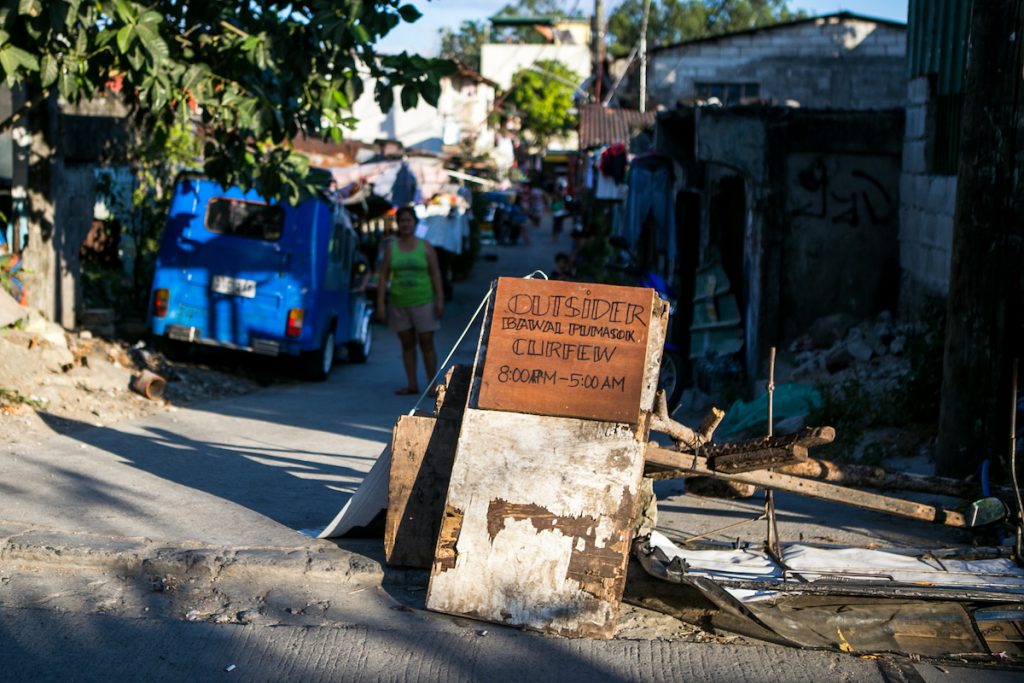A community project that started as a reaction to the rush for supplies following the declaration of a lockdown in the Philippines is being replicated in many parts of the country.
Maricris Labayandoy and her friends started a “kindness station” in a poor village to serve those who have no access to groceries and supermarkets. Their initiative is now being supported by the Church.
Labayandoy and friends started with just a stall, where people leave donations and the poor can pick up whatever they need.
“Poor families who benefit from the kindness station can also give something back like vegetables, fish, or anything that they want to share,” said Labayandoy.
A member of the village council manages the station to ensure that proper social distancing is observed and supplies are properly handled.
The project aims to promote the “values of generosity and kindness among community members” more than providing food and medical supplies, said Labayandoy.
She said the kindness station can encourage people “to practice empathy.”
“We must fight this crisis as one community and it is very important that we tell that message to people,” she said.


Caritas Philippines, the social action arm of the country’s Catholic bishops’ conference, has adopted the campaign and turned it into a national program.
Father Edwin Gariguez, executive secretary of the social action secretariat, issued guidelines on the establishment of Caritas kindness stations.
Parishes, through its social action center, are urged to identify locations for the stations.
Father Gariguez said donors can provide a list of items that they will leave in designated drop off points for pick up to lower chances of person-to-person contact.
“We need to emphasize that [beneficiaries] must only get what they need for the day,” said the priest. “They should also think of others,” he said.
In return, beneficiaries are asked to “say a little prayer” for those affected by the new coronavirus disease — for front-line health workers, government officials, and for everyone’s safety.
The Caritas kindness station aims to “decentralize” assistance so that people help those in need, rather than depend on the usual “top to bottom approach.”
“We cannot be paralyzed,” said Father Gariguez, adding that the Church needs to mobilize communities and empower them to stand on their own two feet.
Dioceses and religious congregations have already responded by establishing Caritas kindness stations.
Sylwyn Sheen Alba of the Philippine Faith-Based Organizations Forum said localization of humanitarian response paves the way to structured partnerships among communities, NGOs, and government agencies.
Alba said localizing aid avoids duplication, overlapping, and prevents overlooking other disaster-stricken communities that need assistance.
Father Gariguez said localizing aid is also one of the solutions to addressing hunger, while economic activities are on temporary halt during the lockdown.
“If the community can sustain itself and feed everyone, that community can survive the period of lockdown,” he said.
The priest said the next move is for different communities to help each other.
“We can apply the idea of localizing aid and the idea of the kindness station in a larger scale involving two or more communities,” he said.


